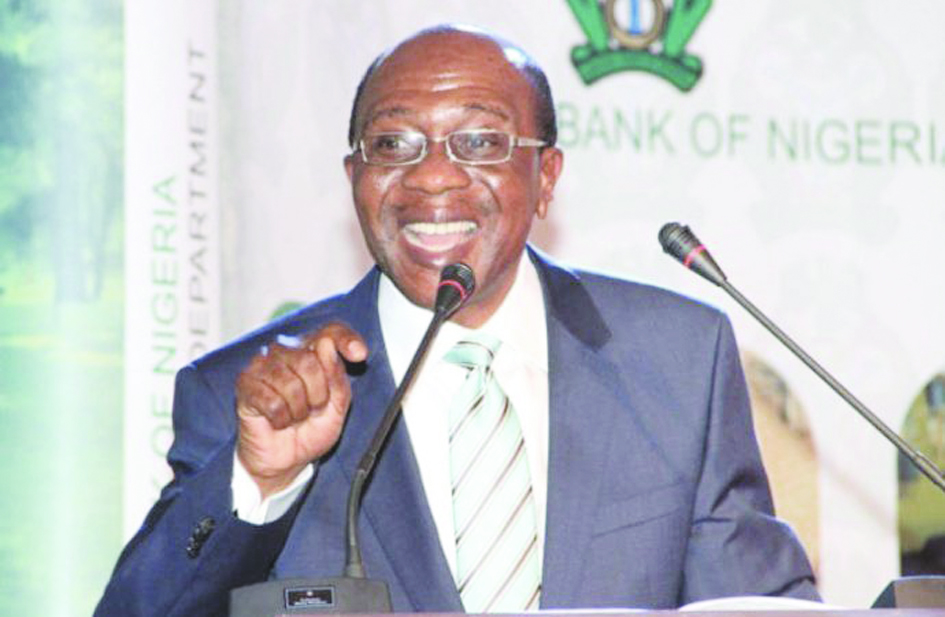The expectation that the Central Bank of Nigeria (CBN) would introduce Basel 3 regulation has triggered off apprehension of another round of recapitalization exercise in the banking industry. Basel 3 would require banks to possess more capital to remain liquid in the coming dispensation. Moreover, Nigerian banks need more fund to raise the capital base of their foreign subsidiaries.

Currently, banks that are unwilling to be caught unprepared by the new regulatory environment are now set to go to the bond market to raise fresh capital. Banks in the race for more capital include the Rand Merchant Bank Nigeria, which issued N80 billion commercial papers as part of its debt-issuance programme. Also, the Ecobank Group plans to sell a $400 million five-year convertible bond to refinance debt and provide short-term funding for Ecobank Nigeria. Similarly, the Fidelity Bank Plc will decide in the third quarter whether to refinance $300 million of bonds due in May next year or issue new debt. It is also expected that Union Bank Plc, which is marking its centenary anniversary, would raise N50 billion through a rights issue scheduled to take place by the end of the second.
The announcement of the commencement of the Basel 3 was shelved by the CBN when the country’s economy slumped into recession in 2016. It is expected to make the announcement next year.
According to Bola Onalede, chief executive of Financial Market Dealer Quote (FMDQ) OTC, “Basel 3 is on the way, maybe in the next two years. And its implementation would put some obligations on the liquidity of the banks.”
Bismark Rewane, chief executive officer, Financial Derivatives Company Limited, noted that there are other financial needs that warrant the current rush for recapitalization in the banking sector apart from the pressure to align with the regulatory requirement of Basel 3. He argued that recapitalisation through the issuance of foreign denominated bonds would enable Nigerian lenders to meet their maturing foreign currency obligations.
“Now that the currency has appreciated, they want to raise the international capital needed. Those in the United States and UK are being asked by their regulators to raise additional capital. So, it is in compliance with their host countries’ requirements. Now that the conditions are right, they are trying to raise additional capital and then they will come back home later to raise additional funds when the stock market is stable,” Rewane said.
Two major factors would aid the recapitalization of the Nigerian banks. First, is the expectation that Nigeria would exit recession and start achieving positive growth of around one or two per cent in 2018. Second, the current bullish trend in the Nigerian stock prices would create the right market environment to raise additional capital locally.
“Capital raising is a cushion against shocks. If you are raising capital now, it would give you the tailwind to ride through the next boom and prepare you for the next shock,” Rewane said.
Abubakar Suleiman, chief financial officer, Sterling Bank Plc, disclosed that the bank is waiting for market conditions to improve before it makes another issuance.
By Dike Onwuamaeze


